HS-ETS1-3
Evaluate a solution to a complex real-world problem based on prioritized criteria and trade-offs that account for a range of constraints, including cost, safety, reliability, and aesthetics, as well as possible social, cultural, and environmental impacts.
-
 Tech
TechTrees power this alarm system for remote forest fires
Wind moving through tree branches is all the energy needed to power devices that can detect a remote fire before it rages into an uncontrolled inferno.
-
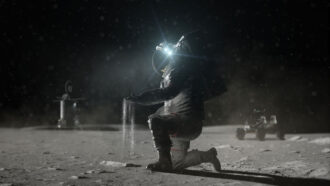 Tech
TechThis high-tech sweeper is designed for super-clingy moon dust
An electron beam is the newest tool being developed to remove sticky and damaging lunar dust from surfaces.
By Jack J. Lee -
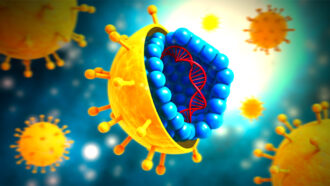 Health & Medicine
Health & MedicineTrio wins 2020 Nobel for discovery of hepatitis C
It took 50 years from discovery of hepatitis C to its cure. For their pivotal work in this area, three men will take home a 2020 Nobel Prize.
-
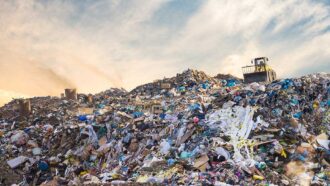 Chemistry
ChemistryHow to recycle ‘nonrecyclable’ plastics
A new process can convert some nonrecyclable plastics into a type that now can be reused. That could greatly cut down on wastes sent to landfills.
-
 Brain
BrainConfidence can make you miss important information
Being confident can feed a confirmation bias in us, new studies show. This bias can make your brain ignore other people’s ideas and any conflicting information.
-
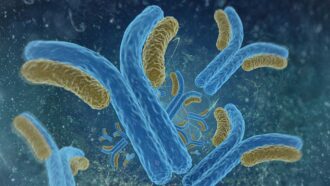 Health & Medicine
Health & MedicineA glowing new way to measure antibodies
Researchers invent a way to detect and measure antibodies with glowing proteins. Antibodies can mark exposure to various diseases.
By Sid Perkins -
 Life
LifeIf bacteria stick together, they can survive for years in space
Tiny clumps of bacteria can survive at least three years in outer space. This raises the prospect of interplanetary travel by microbial life.
-
 Archaeology
ArchaeologyLet’s learn about ancient technology
Ancient people didn’t have the internet. Instead, they performed surgeries, made weapons and built monuments with wood, stones, rope and fire.
-
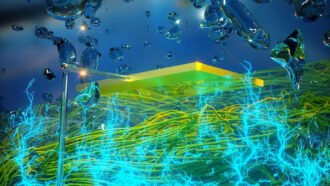 Materials Science
Materials ScienceWill bacterial ‘wires’ one day power your phone?
An accidental discovery helps scientists generate electricity out of thin —but humid — air with bacteria-made protein nanowires.
-
 Brain
BrainA bit of stress may help young people build resilience
A comfortable life may sound fun but may not be so healthy in the long run. A study in monkeys shows there may be a ‘sweet spot’ when it comes to stress.
-
 Brain
BrainPuberty may reboot the brain and behaviors
Facing adversity early in life can hurt how children learn to deal with stress. Puberty can sometimes offer a chance to reset how the body responds to stress, returning it to normal.
-
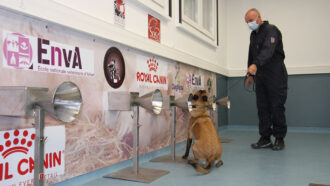 Animals
AnimalsViral scents? Dogs sniff out coronavirus in human sweat
Researchers train dogs to sniff out COVID-19. In the United Arab Emirates, sniffer dogs have already begun identifying infected passengers at airports.